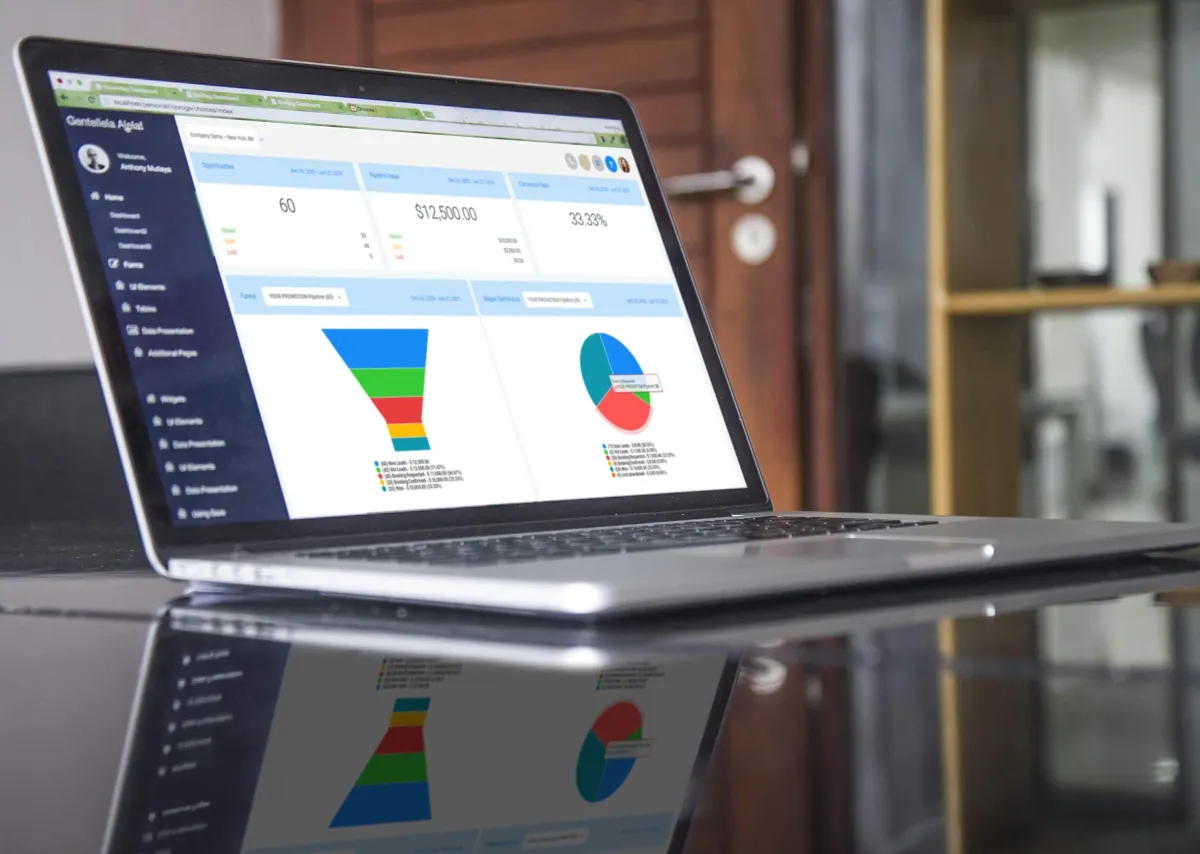
How to Use Marketing Automation to Transform Your Small Business
Marketing automation is an incredibly powerful tool for small businesses looking to grow and scale. By automating your marketing processes, you can save time, increase efficiency, and improve the overall effectiveness of your marketing efforts. Here's how to use marketing automation to transform your small business.
1. Define your marketing goals
Before implementing marketing automation, it's important to define your marketing goals. What do you want to achieve with your marketing efforts? Do you want to generate more leads, increase conversions, or improve customer retention? Once you have a clear picture of your marketing goals, you can develop a marketing automation strategy that's tailored to your specific needs and objectives.

2. Identify your target audience
Next, identify your target audience. Who are your ideal customers? What are their pain points, needs, and preferences? By understanding your target audience, you can create personalized and relevant marketing messages that resonate with them. Marketing automation allows you to segment your audience based on demographics, behavior, and interest, so you can deliver the right message to the right person at the right time.
3. Choose the right marketing automation platform
There are numerous marketing automation platforms available in the market. Choose a platform that suits your budget, features, and scalability needs. Look for a platform that offers email marketing, lead nurturing, social media integration, analytics, and reporting capabilities. Also, make sure the platform integrates with your existing CRM system and other marketing tools.

4. Plan your automation workflows
Automation workflows are the heart of marketing automation. They are a sequence of automated actions that are triggered by a specific event or behavior. For example, when a prospect fills out a form on your website, they can receive a personalized email follow-up with relevant content. Or, when a customer abandons their cart, they can receive a reminder email with a discount code. Plan your automation workflows based on your marketing goals and audience segments.
5. Create compelling content
Marketing automation is only as effective as the quality of your content. Create engaging and persuasive content that is tailored to your audience's needs and interests. Your content should be informative, educational, and actionable. Use a variety of content formats such as blog posts, videos, infographics, and eBooks to keep your audience engaged.
6. Track and measure your results
Finally, track and measure your marketing automation results. Use analytics and reporting tools to measure the performance of your automation workflows, email campaigns, and other marketing activities. Identify areas of improvement and adjust your strategy accordingly. Continually testing and optimizing your marketing automation efforts is key to maximizing your ROI.
In conclusion, marketing automation can transform your small business by streamlining your marketing processes, improving efficiency, and increasing ROI. By following these six steps, you can develop a successful marketing automation strategy that helps you achieve your business goals.
Prefer a done for you solution for your small business, we've got you covered. MMG Digital has all the tools you need to grow in one place. Let's help you grow your business!